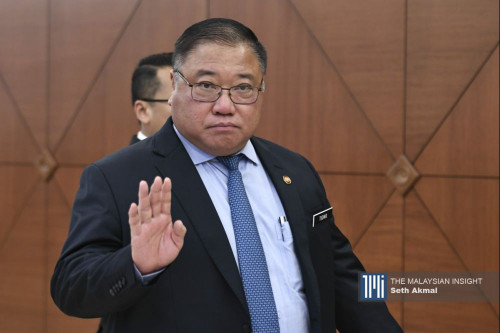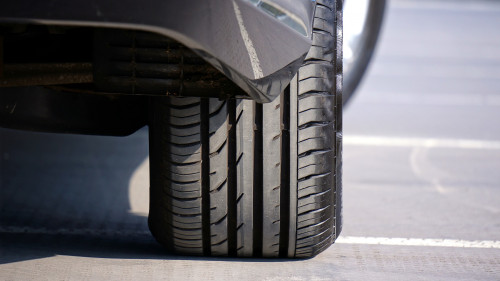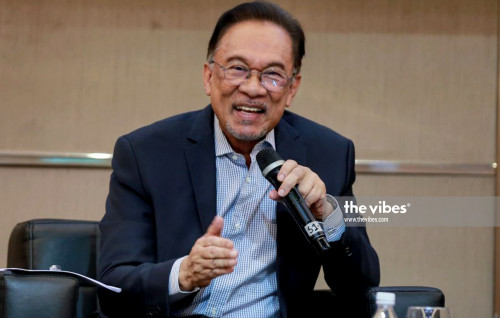GOING into Drive My Car, I knew a few things. One, that it was a three-hour long film. Two, that it was based on a short story by international best-selling author Haruki Murakami. In fact, this dichotomy between a long running time and the relatively short piece that inspired it shows how the same story can be told differently when it goes from one medium to another.
There was a lot of buzz for the film overseas, especially in the US, where it was celebrated by the art house community. Surprisingly, the Academy Awards, which isn’t always the barometer of excellence that it purports itself to be, recognised Drive My Car with four nominations in some of the biggest categories: Best Picture, Best Director, Best Adapted Screenplay, and Best International Feature Film. This is quite notable for a relatively low budget Japanese independent film. It took home the latter award.
The main character of the film, Yusuke Kafuku (Hidetoshi Nishijima) is a stage actor and director dealing with the sudden death of his wife (Reika Kirishima). He eventually takes on a job to stage a play at a theatre festival in Hiroshima. There he meets Misaki (Toko Miura), his assigned chauffeur who has a tragic past of her own. Over time they develop a connection as they try to come to term with their pasts.
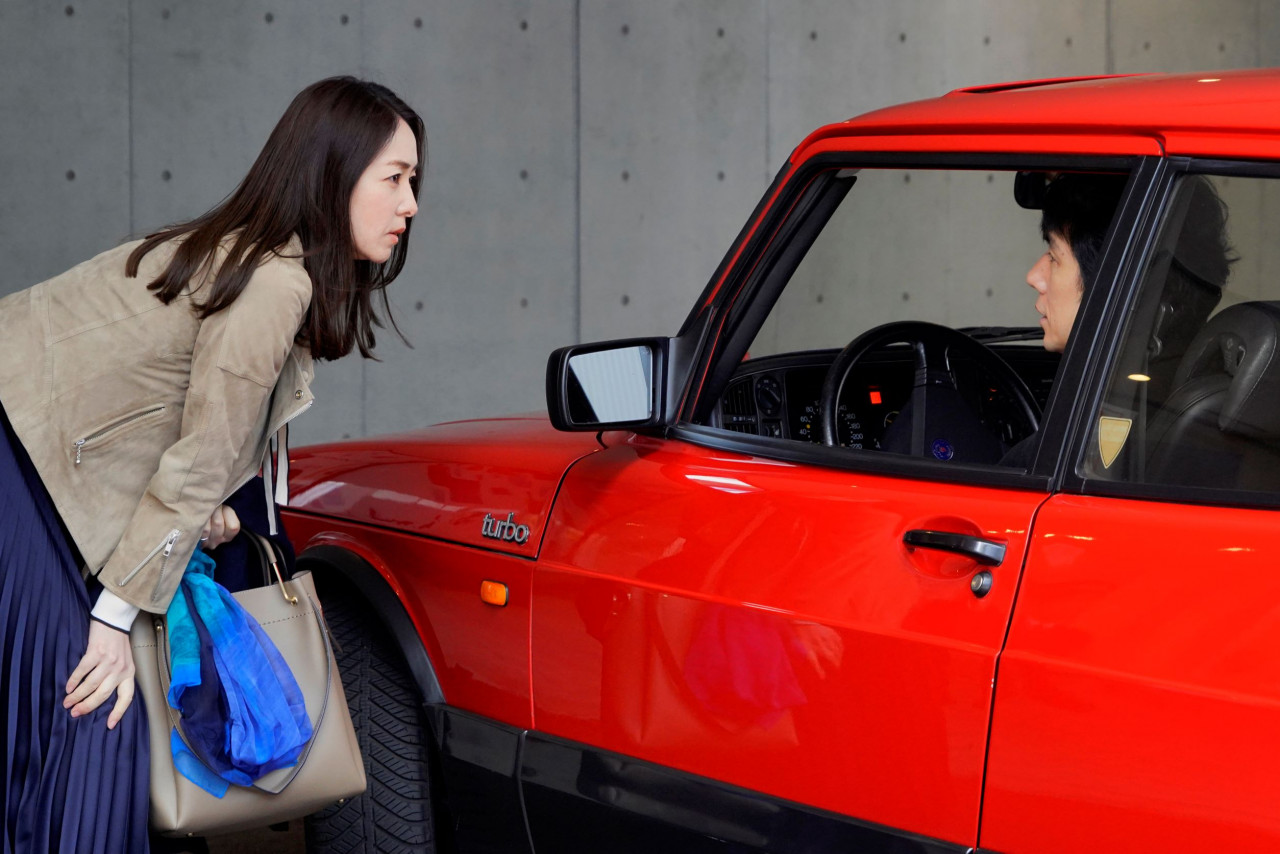
And yes, there is plenty of driving in between all that, to the point that the distinctive red 1987 Saab 900 Turbo (a.k.a the titular car) is a character of its own. The car as it functions in the film, is not merely a mode of conveyance, it is almost a space between places.
In Hiroshima, Yusuke is bringing to life a production of Uncle Vanya, itself a tragic play by 19th century Russian playwright Anton Chekhov. But there’s a twist, as many of the actors don’t share a common language, with one of them only able to communicate via Korean sign language. Yet they are expected to act together seamlessly on stage, while conveying layers of meaning and plumbing the depths of their inner selves.
Communication (or the lack thereof) is a major thematic through line across just about every scene in Drive My Car. It can transcend language and words because what is ultimately being put across are feelings and emotions, an inner truth unburdened. Really, parsing all the different levels with which the film is operating is one of its strengths, with discussions sure to continue after the credits roll.
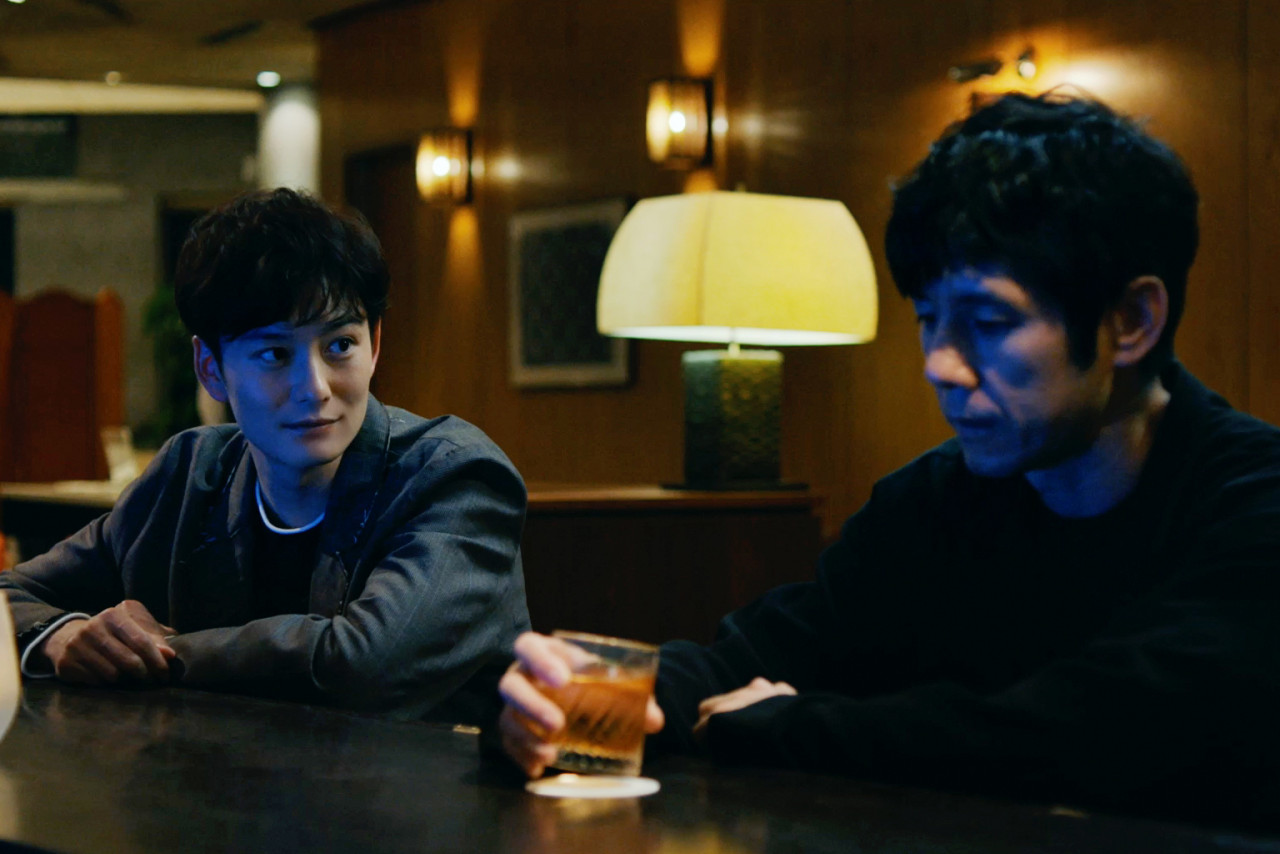
Directed and co-written by Ryusuke Hamaguchi (Takamase Oe shares a writing credit), Drive My Car has a lot on its mind in terms of themes and ideas, but lets them play out and complicate themselves over the course of the running time. It is never in a rush, but it is never really slow – much like Misaki’s driving.
In terms of visuals, the film is clean and precise, never showy. Because most of the big scenes are conversations in intimate spaces, there is an extensive use of close-ups, often held for extended periods of time, letting us observe how the characters react and process. While we don’t get any internal monologue, there’s a lot to be read into the facial expressions, especially that of Yusuke.
The performances too are not what you would call showy, there’s no explosive ‘Oscar moment’ that could serve as an out of context highlight reel. Everything is under control. These are after all characters dealing with grief or recent history that they would rather not acknowledge.
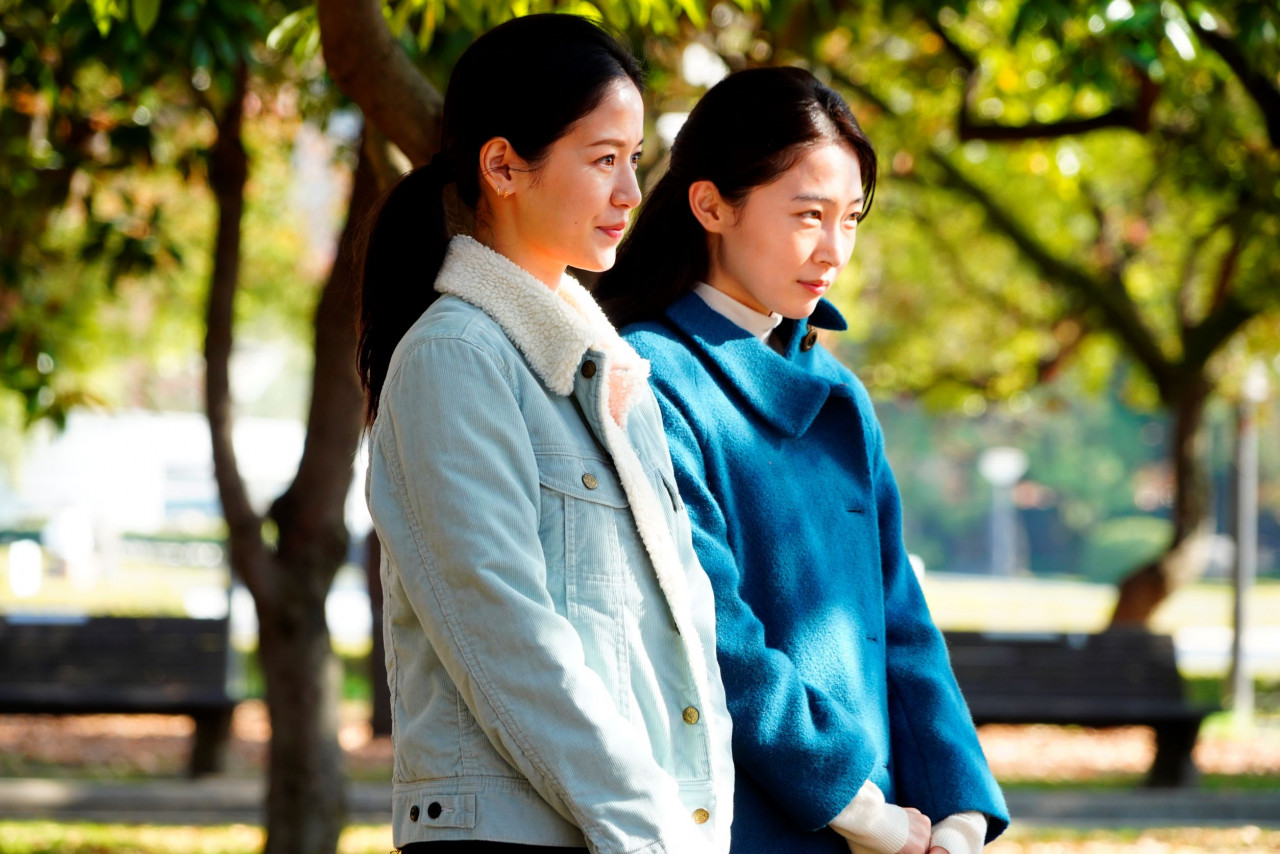
Nishijima goes through a journey over the course of the film, and he keeps himself tightly wound, but you can tell there’s an ocean of emotion under an otherwise placid surface. Miura is even more withdrawn when we meet her, entirely focused on her tasks. As she unveils more about herself, her performance doesn’t change but becomes more rounded and more realised.
The time they spend together in that Saab, accompanied by the disembodied voice of the late wife (reading pre-recorded lines from Beckett’s Waiting for Godot), separates them from the world. The outside can and does intrude, but the car is a safe haven. If anything, Drive My Car fetishes driving as a form of freedom from life’s troubles to the point that Saab could use it as a pro-car commercial.
The play, which forms the other major component of the film, becomes an arena for truth. The notion that something inherently fake, such as acting, can be a way of exploring an inner truth, is not exactly a new idea, but the way it is tied into the movie’s other themes is a masterful bit of writing. Yusuke refrains from acting himself, afraid of accessing emotions
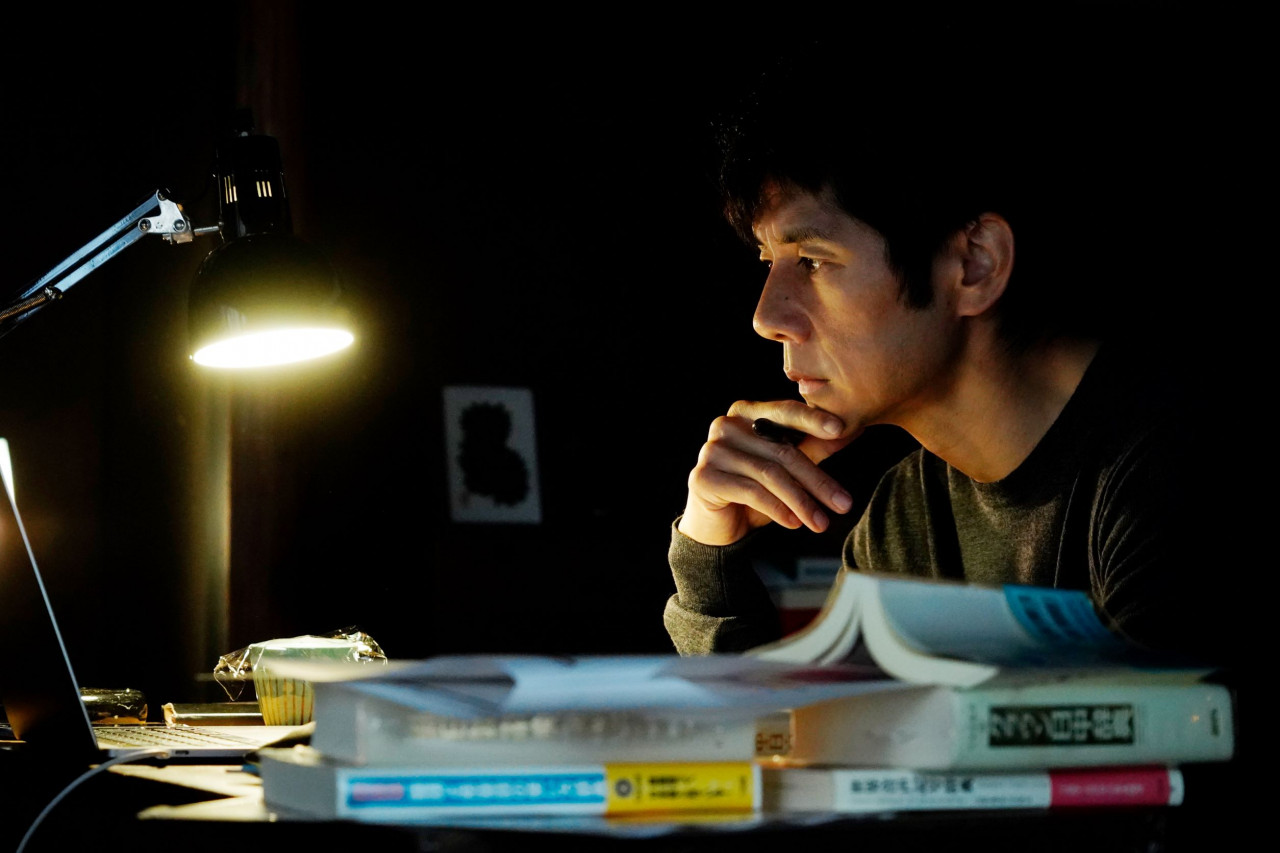
Ultimately, Drive My Car is a deeply thought-provoking film that transcends its milieu, and there is something in mind for everyone, especially those dealing with grief, which is as universal a feeling as there is. Many of us have felt the sudden shock that Nishijima experiences, and have had to pick up the pieces.
The film is considered and thoughtful in how the characters move forward, showing a remarkable sensitivity that the best in independent cinema can provide. – The Vibes, April 1, 2022
* Drive My Car is available to stream exclusively on MUBI



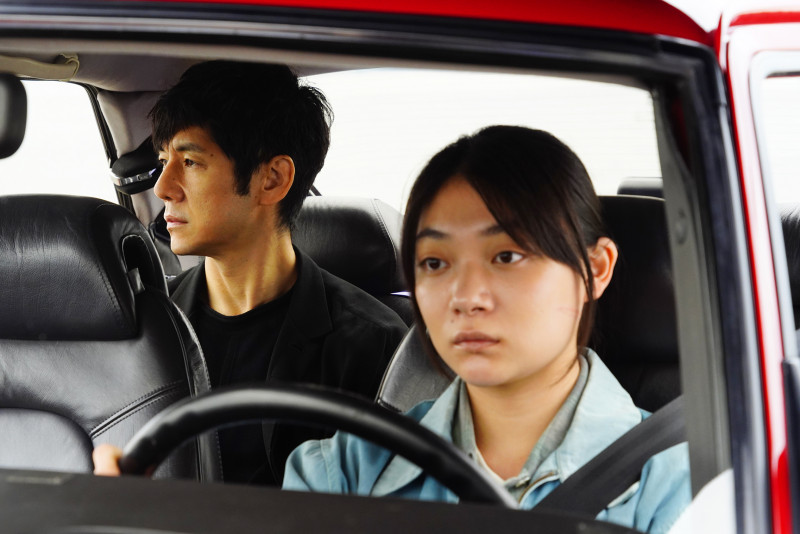

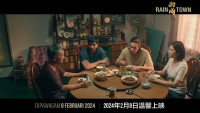

_Summit_in_Tokyo._Facebook-PMO_Malaysia_pic..png)
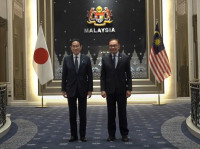
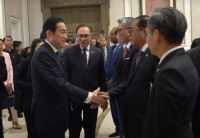



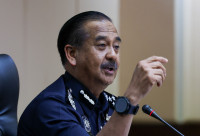

_flanked_by_wong_(right)_and_haryany_(left)_at_the_museum.jpeg)
